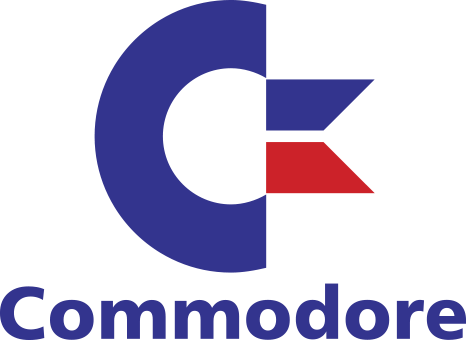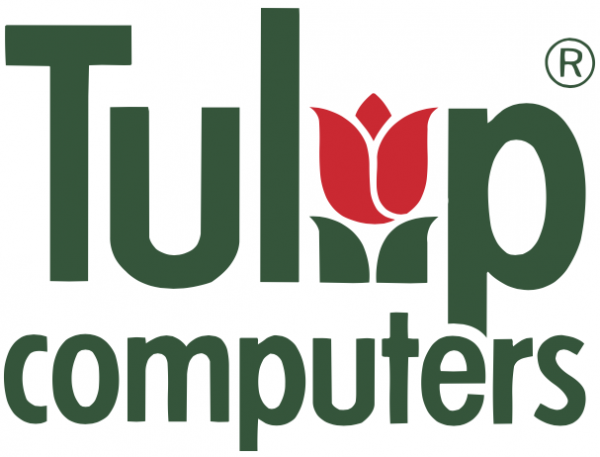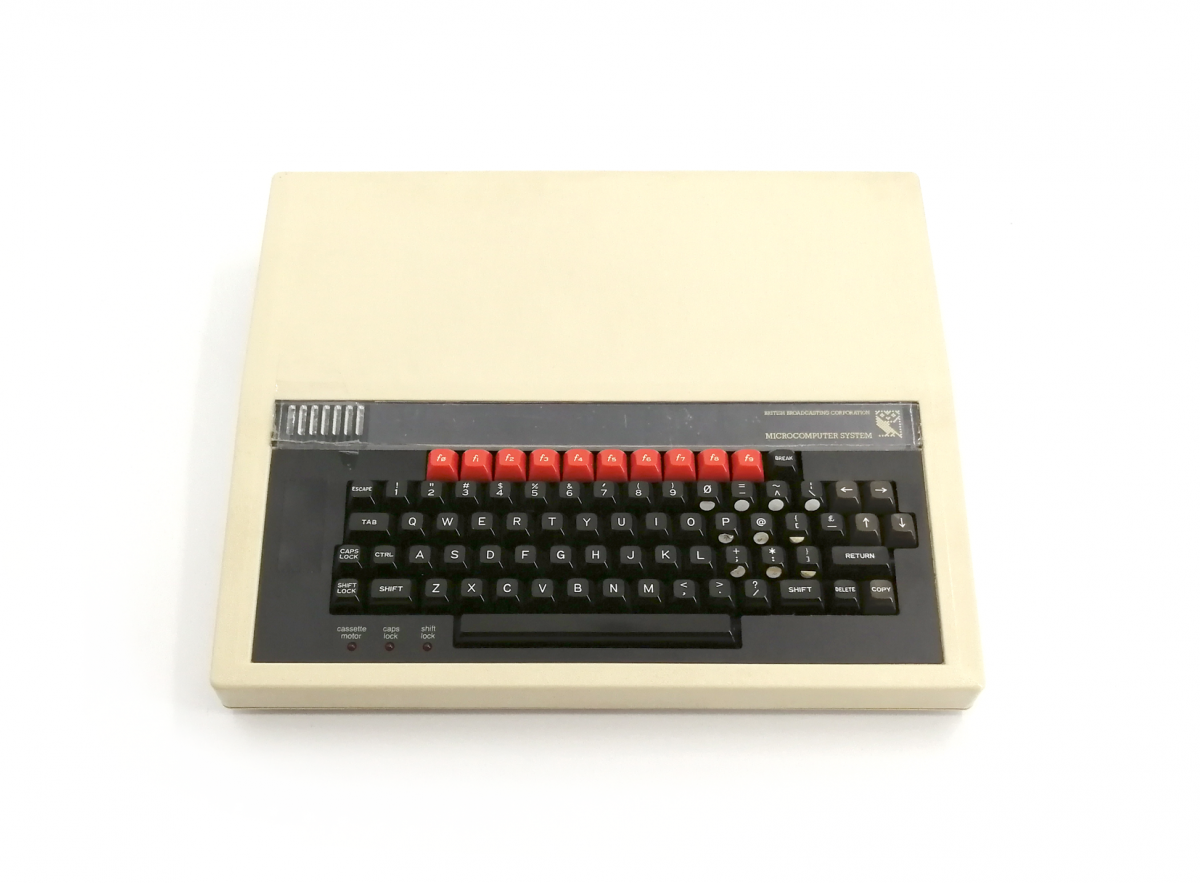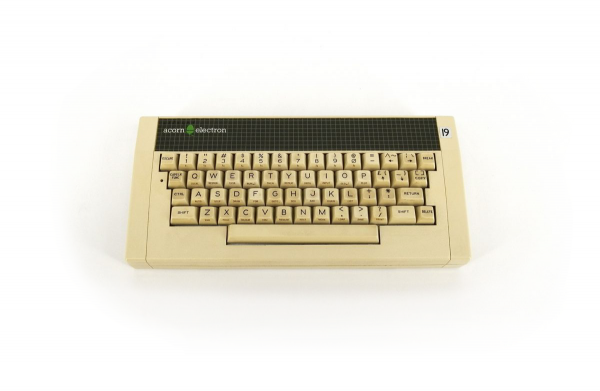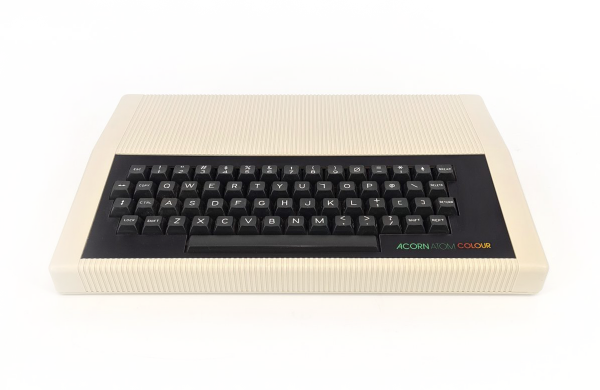BBC Micro
The BBC Microcomputer System, better known as the BBC Micro, is a computer family produced by Acorn for the British Broadcasting Corporation (BBC), a notable British television channel and broadcaster.
BBC Micro
The BBC Microcomputer System, better known as the BBC Micro, is a computer family produced by Acorn for the British Broadcasting Corporation (BBC), a notable British television channel and broadcaster.
In the 1980s, the BBC started their 'Computer Literacy Project', an educational program to inform the British populus about computers and how to work with them. The BBC sent out a request for a computer which could be used for the project. This computer would be used for books and television series. Acorn Computers eventually won the contract with their prototype, the 'Proton'. The Proton was quickly renamed to the BBC Micro after winning the competition.
The BBC Micro was a highly expensive home computer as compared to its competitors, though it remained one of the most popular in the United Kingdom. The BBC Micro was used in the majority of British schools at the time. Acorn Computers and the British Broadcasting Corporation released a total of nine computers during their business partnership; six of which are (usually) considered part of the BBC Micro series. These six models were the: Model A, B, B+64, B+128, Master 128 and the Master Compact. The later models are considered part of Acorn's Archimedes family.
Acorn Computer later used the BBC Micro during its development of the ARM computer architecture, which today is crucial for many tablet and smartphones. Acorn predominantly used the old system for simulating the ARM.

